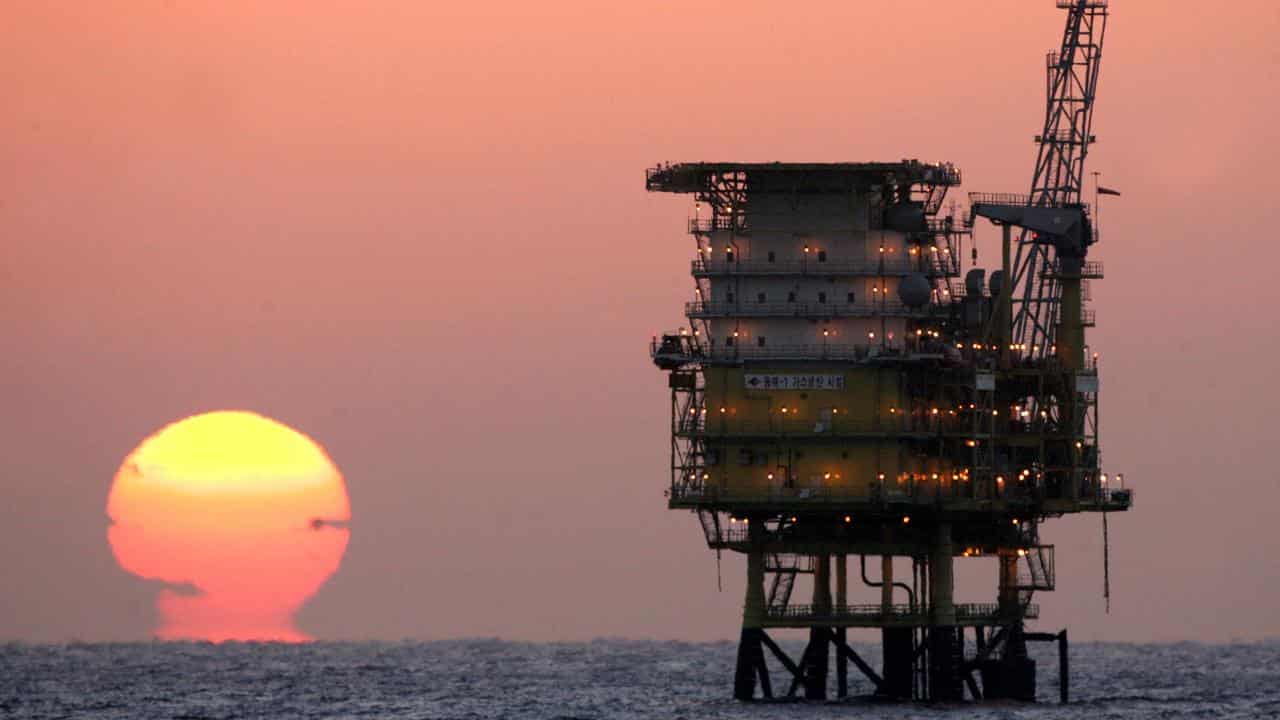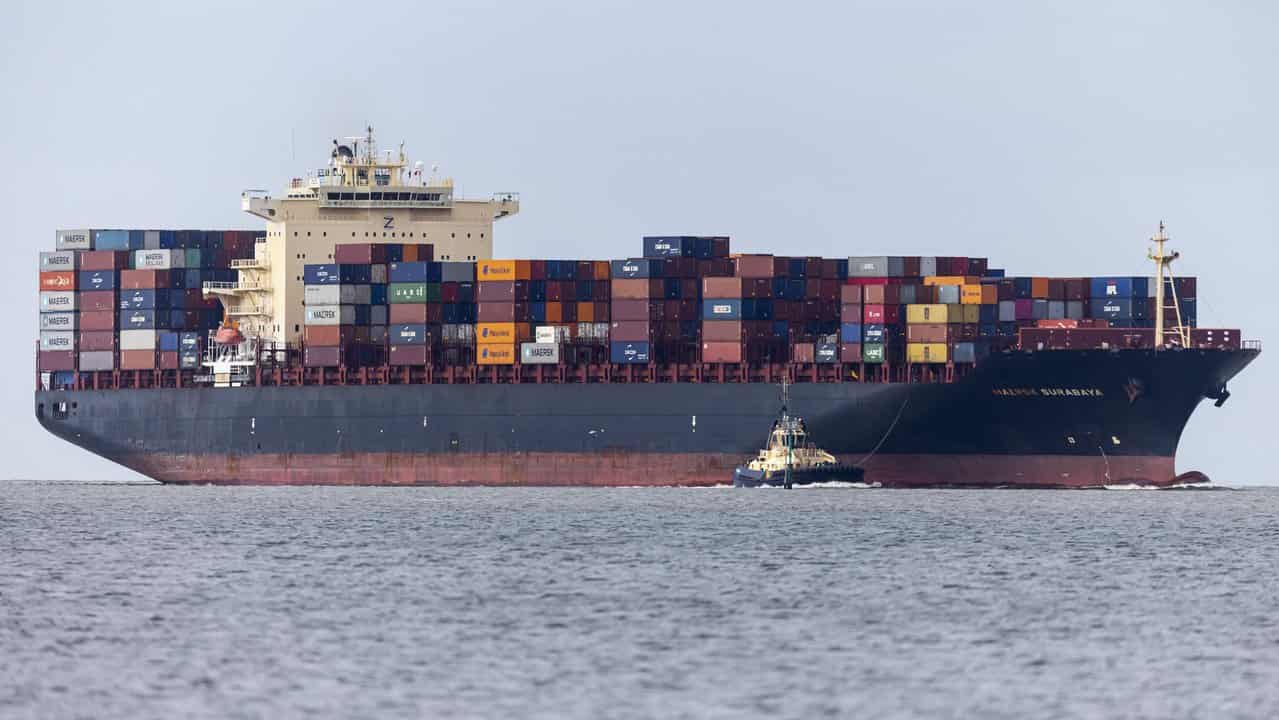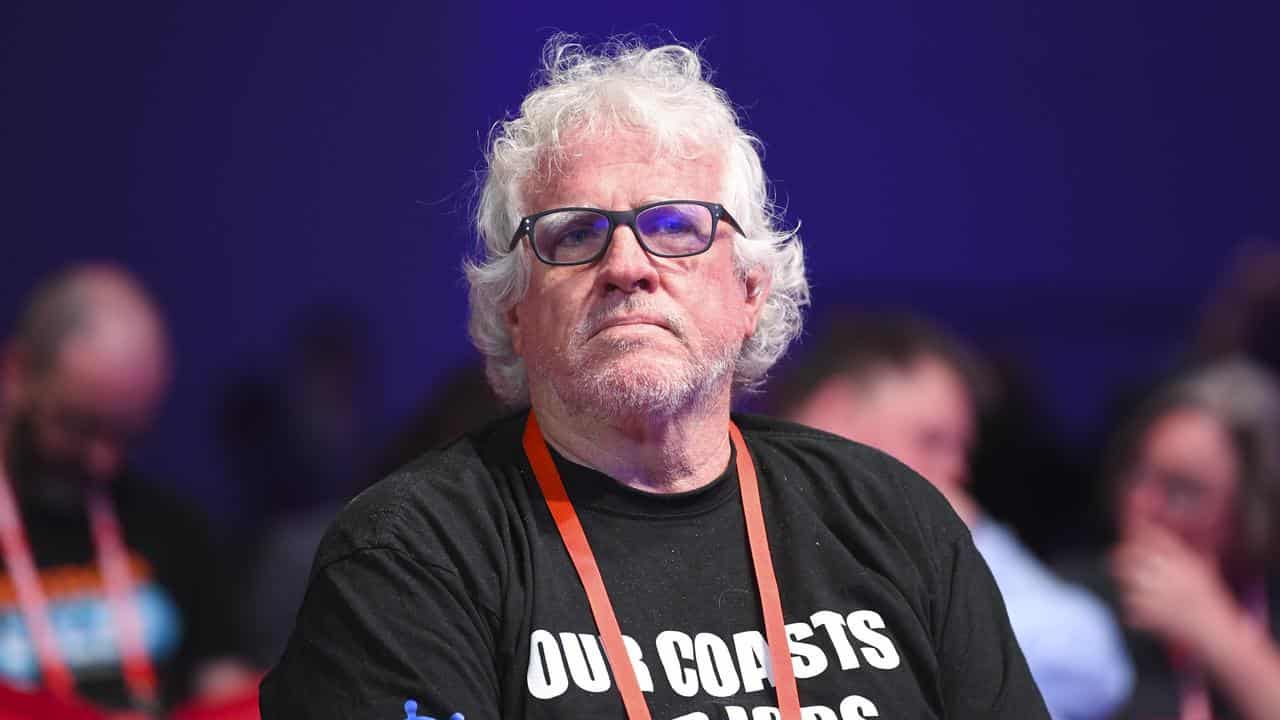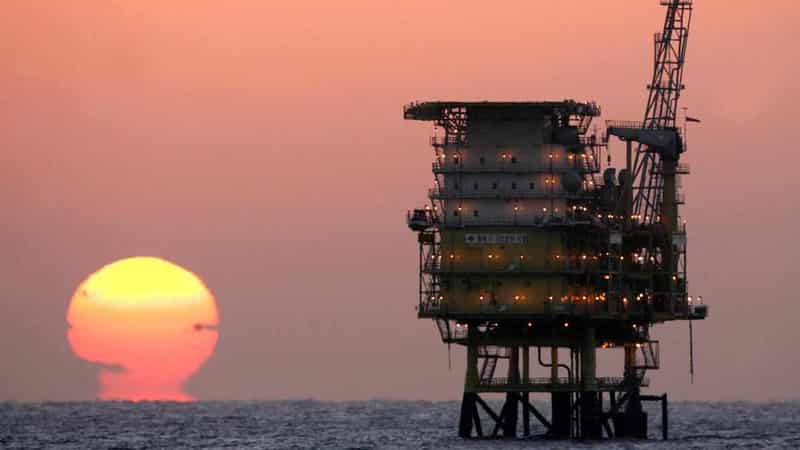
An increasing shortage of seafarers prompted a warning Australia's defence, energy security and supply chains are under threat without urgent action.
That's according to the Maritime Workforce Position Paper, which highlighted the challenges of an ageing workforce, funding shortfalls and a lack of workers with internationally recognised qualifications that allow them to service the nation's maritime assets.
Australia's maritime workforce dropped by 23 per cent over the past 12 months and the ever-widening gap between demand and supply of trained workers prompted predictions of a "dangerous" shortfall by 2026, the report showed.

The shortage was partly attributed to poor pathways into the industry, barriers such as high training costs and a lack of access to berths to meet minimum sea time requirements.
"Analysis of what Australia requires to withstand future crises has revealed significant deficiencies that must be addressed," the report stated.
"Particular attention has been given to energy security, sovereign industrial capability, and national defence."
The paper was commissioned by oil and gas company INPEX with support from the Australian Resources and Energy Employer Association, the Maritime Union of Australia and other organisations.
“We’re now seeing the demand for seafarers outstripping supply in circumstances approaching a flashpoint," INPEX Australia Senior Vice President Corporate Bill Townsend said.
"This is a result of limited action in the past decade to ensure the training and crewing sustainability of the Australian shipping fleet."

He warned the lack of workers would lead to a "severe shortage" of staff able to maintain offshore oil and gas, support wind farms and decommission older technology.
Possible solutions raised include reducing training fees, a targeted recruitment campaign, creating more pathways into the industry and a funding boost from the federal government.
Maritime Union of Australia national secretary Paddy Crumlin called for action so the nation could become a regional maritime 'hub' to safeguard supply chains and support the transition to renewable energy.
“Australia cannot risk reliance on overseas maritime skills in an increasingly polarised and unstable geopolitical environment," Mr Crumlin said.
"We must immediately address the current and future maritime skills gap identified by industry in this report."
Other maritime nations offer public-private training but it fell to a select few in Australia because it was expensive, took time and only certain vessels were of a sufficient size, Maritime Industry Australia Limited chief executive Angela Gillham said.
Federal Minister for Skills and Training Brendan O’Connor acknowledged the concerns and said reforms to vocational education and training were making good progress.
"One of the biggest challenges when it comes to supplying skills to the maritime sector is paucity of training," Mr O’Connor told the crowd at the launch of the report in Port Melbourne on Tuesday.
"The lack of training berths to get sea time is a problem well known to all of us."
In 2022, the government committed to rebuilding a fleet of 12 privately owned commercially operated vessels that could be used by the government during conflicts, major supply chain disruptions or natural disasters.
Mr O'Connor said efforts to rebuild that fleet, such as nationally consistent training, promoting career pathways and better access to training berths, would support the wider industry.









